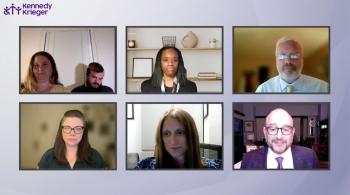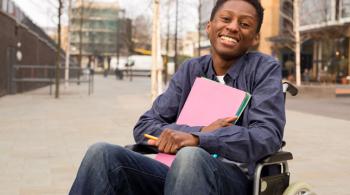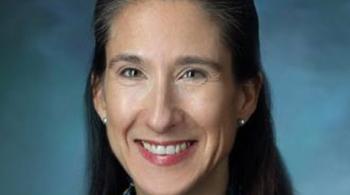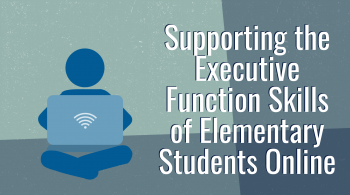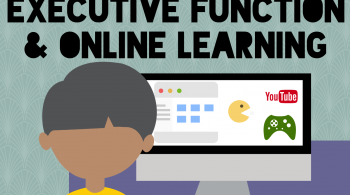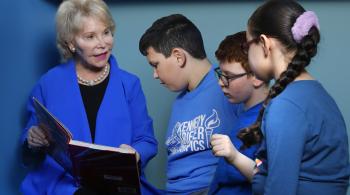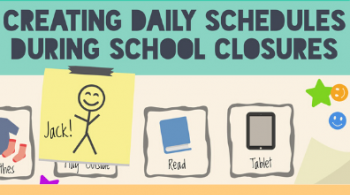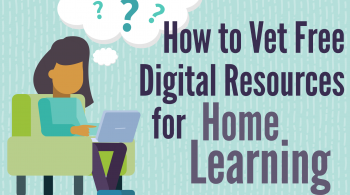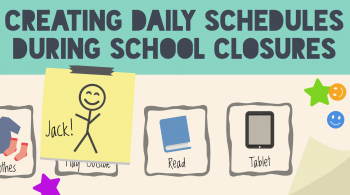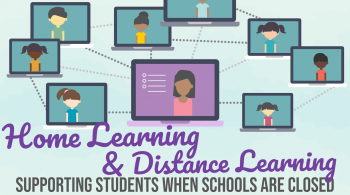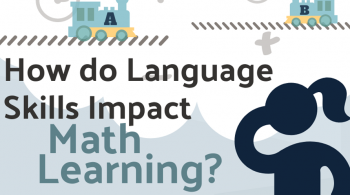By Erin Richmond
Growing up, I loved school. I was a curious, bright and steadfast learner.
As a child with a disability, I learned first-hand the value of special education. The supportive services I received at school helped me achieve far more than doctors initially thought possible. I graduated in the top 5 percent of my class, and went to college and graduate school.
I have Treacher Collins syndrome, a rare genetic condition that affects the development of the bones and tissues in my face. At 4 months old, I went into full respiratory and cardiac arrest at home. Doctors told my parents I might not live through the night and feared severe neurological damage if I survived. Several days later, I made my first trip to the operating room for a tracheostomy. Since then, I’ve had more than 50 surgeries.
In college, I dedicated myself to empowering and giving hope to children with disabilities. I went from receiving special education services to majoring in special education. For the past eight years, I’ve been a special education teacher, in both special education and inclusive classrooms, at public schools in the Baltimore area, where I grew up.
This past school year, though, I did something different. I was a fellow at Kennedy Krieger Institute’s Center for Innovation and Leadership in Special Education. It was an incredible opportunity for me to learn more about special education, and develop and apply my leadership skills and abilities in the field.
Guided by a mentor, I studied the neuroscience of learning, the principles of behavior change, education law, and evidence-based practices, discovering along the way that teaching is both an art and a science. Once a week, I joined center Co-Director Dr. Nancy Grasmick, vice chair of the Institute’s board of directors and the nation’s longest-serving state education chief, to discuss the complexities of our country’s education system.
I also co-taught an introductory course on special education at Towson University and led leadership internships at Baltimore-area elementary and middle schools.
These immersive training experiences transformed my perspective on education, giving me a deeper understanding of the big picture of special education, and encouraging me to grow into an educational leader. Students shouldn’t suffer from poor programming, curriculum writing and instruction simply due to teachers’ and administrators’ lack of training and poor understanding of neuroscience.
This year, I’m putting what I learned during the fellowship into practice, and sharing what I learned with my fellow teachers. I’m doing this in the same Baltimore County community in which I grew up, because I want to give back to the community that supported me during my own journey as a special education student.
Special education ensures that all children have a chance to learn in a safe and personalized environment. I know from experience that special education plays a vital role in any education system, and I want to do whatever I can to help the next generation of learners succeed in life.
In this video, learn more about Erin and her fellowship with the Institute's Center for Innovation and Leadership in Special Education:
To learn more about the Institute’s special education fellowship, visit the Center for Innovation and Leadership in Special Education page.

